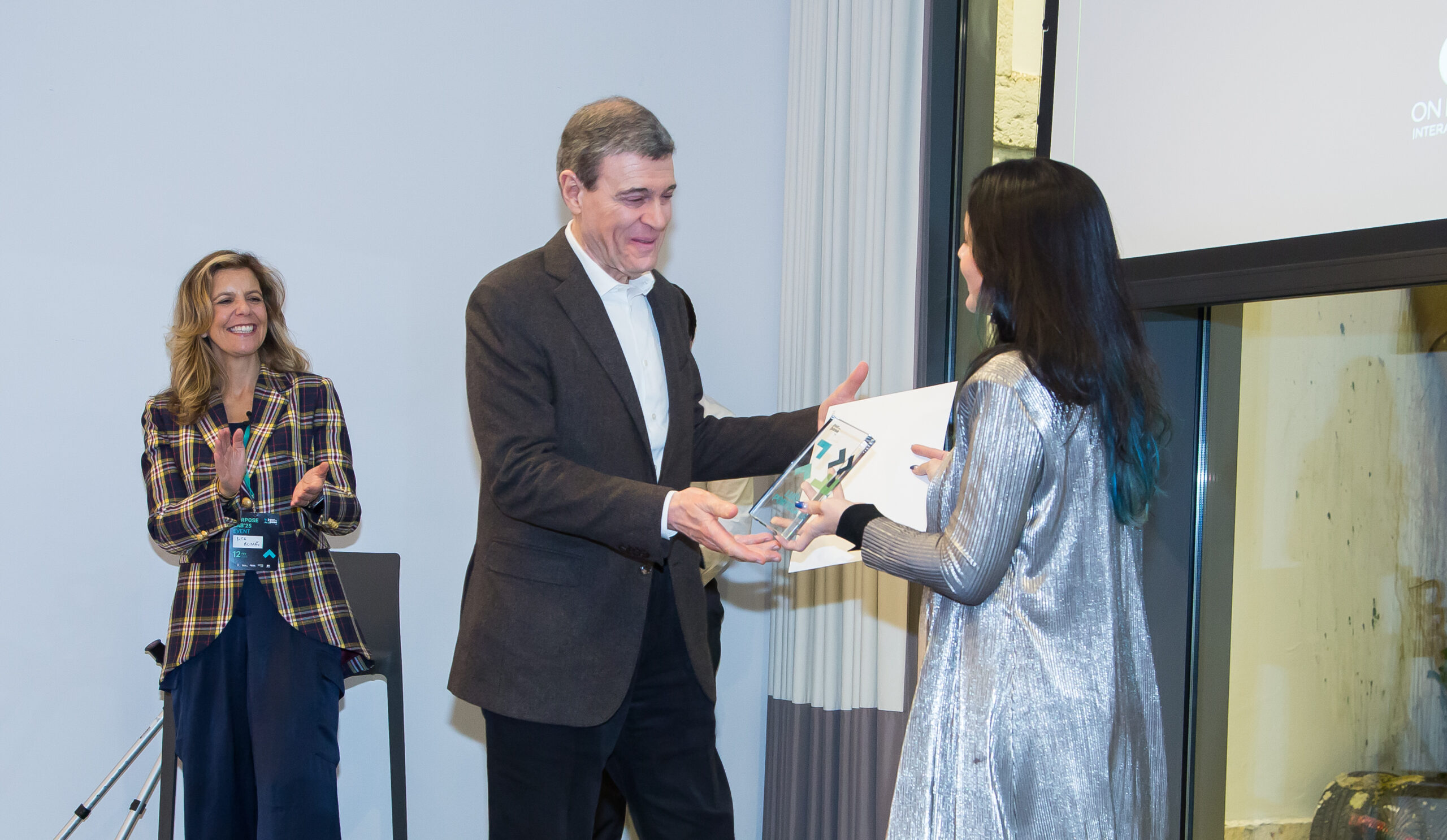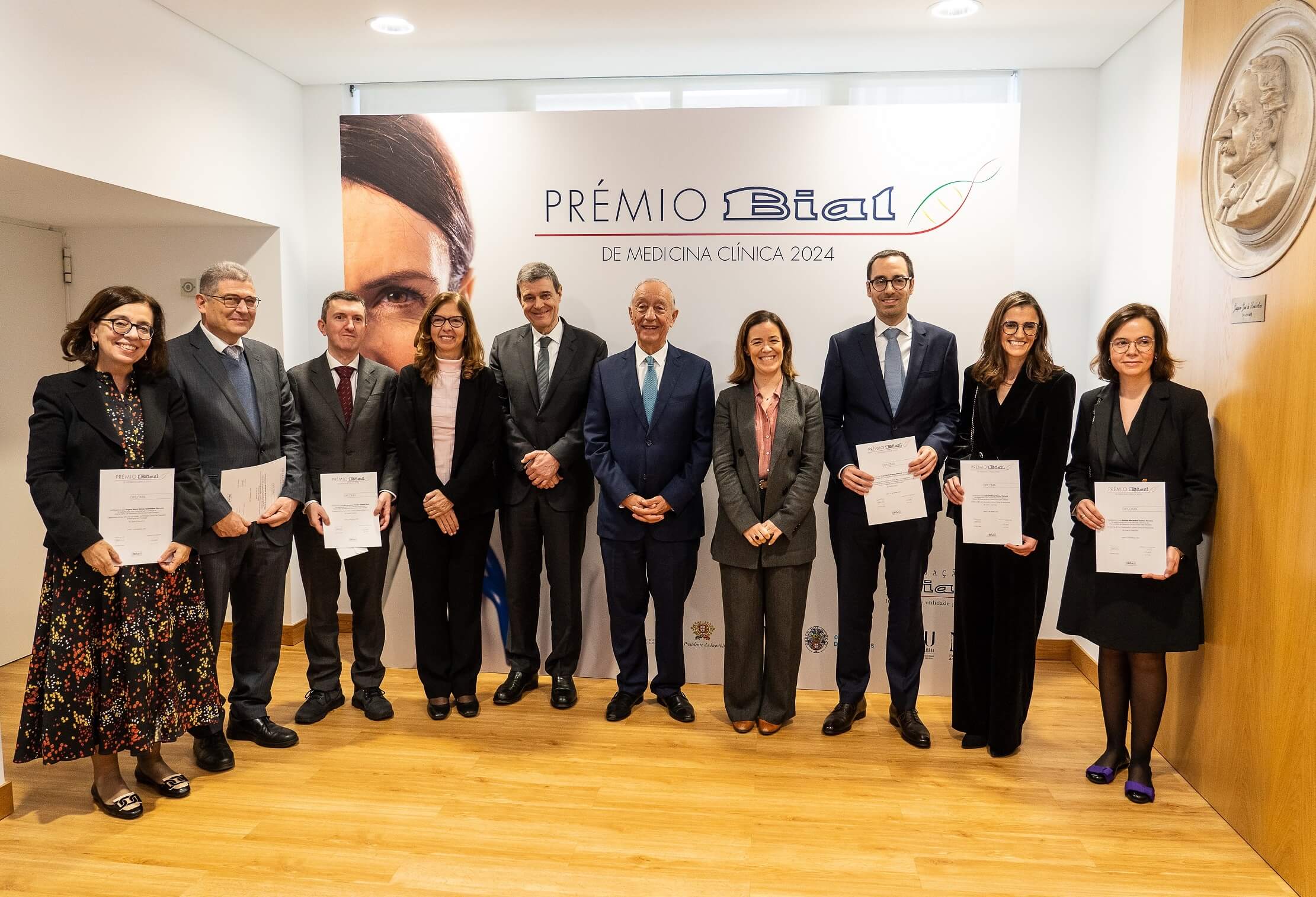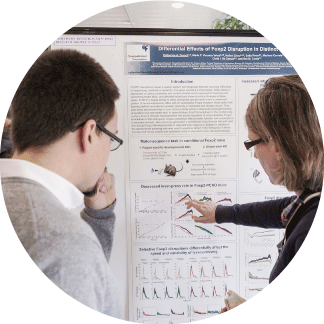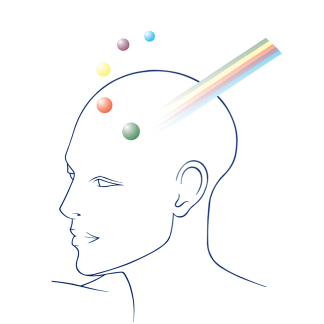News
Top Stories

Near-death experiences among ICU survivors
Research with 126 patients admitted to ICU for at least 7 days reveals that 15% reported having experienced a near-death experience.

Elderly people can improve episodic memory by neurostimulation of the cerebellum
A study demonstrated that neurostimulation of the cerebellum led to improvements in episodic memory performance in healthy elderly individuals.

Does aging change the way we interpret face processing of emotion?
Study shows that aging may hamper the neural processing of facial expressions of emotion.
News

Luís Portela honoured with the Career with Purpose Award
The chairman of the BIAL Foundation, Luís Portela, was honoured with the Career with Purpose Award for his more than four decades of leadership of the pharmaceutical company BIAL.

Research on Alzheimer's disease wins Prémio BIAL de Medicina Clínica 2024
Neuroradiologist and researcher Tiago Gil Oliveira was the winner of the Prémio BIAL de Medicina Clínica 2024, with the work ‘Uncovering the mysteries of brain regional susceptibility to neurodegeneration in Alzheimer's disease: from neuropathology to brain magnetic resonance imaging’, which identifies the brain regions differentially affected by Alzheimer's disease, contributing to a more accurate and earlier diagnosis of what is the most prevalent neurodegenerative pathology in Portugal and worldwide.

How does heart rate variability shape emotional brain networks?
Brain connectivity and autonomic function are closely related to emotional regulation, interoception, and autonomic stability. The Default Mode Network (DMN), associated with self-referential and emotional processes, and the insula, which plays a crucial role in interoception, emotional regulation, and autonomic control, are functionally interconnected. These two components often activate together during certain mental processes, suggesting a fundamental interaction between cognitive and emotional functions. To deepen the understanding of this interaction, a study led by Joana Coutinho investigated the functional connectivity between the insula and the DMN, also exploring its relationship with heart rate variability (HRV), an important marker of autonomic regulation. HRV is a measure of the autonomic nervous system's ability to respond to stress and maintain emotional stability, making it a relevant indicator for studying emotional regulation. The results showed a significant positive correlation between the functional connectivity of the insula and DMN, but no direct relationship was observed between this connectivity and HRV. This finding suggests that the interaction between brain connectivity and autonomic regulation is more complex than initially thought and may require more sophisticated models to be fully understood. Therefore, these results highlight the importance of future studies for a more detailed understanding of the brain circuits involved in modulating heart activity, which could lead to the development of more effective therapeutic strategies, especially for clinical populations with alterations in these processes. This study was supported by the BIAL Foundation, in the scope of the research project 87/12 - Neurobiological correlates of empathy in couples: A study of central and peripheral measures, and published in Brain Sciences, in the article Examining Insula – Default Mode Network Functional Connectivity and Its Relationship with Heart Rate Variability.





